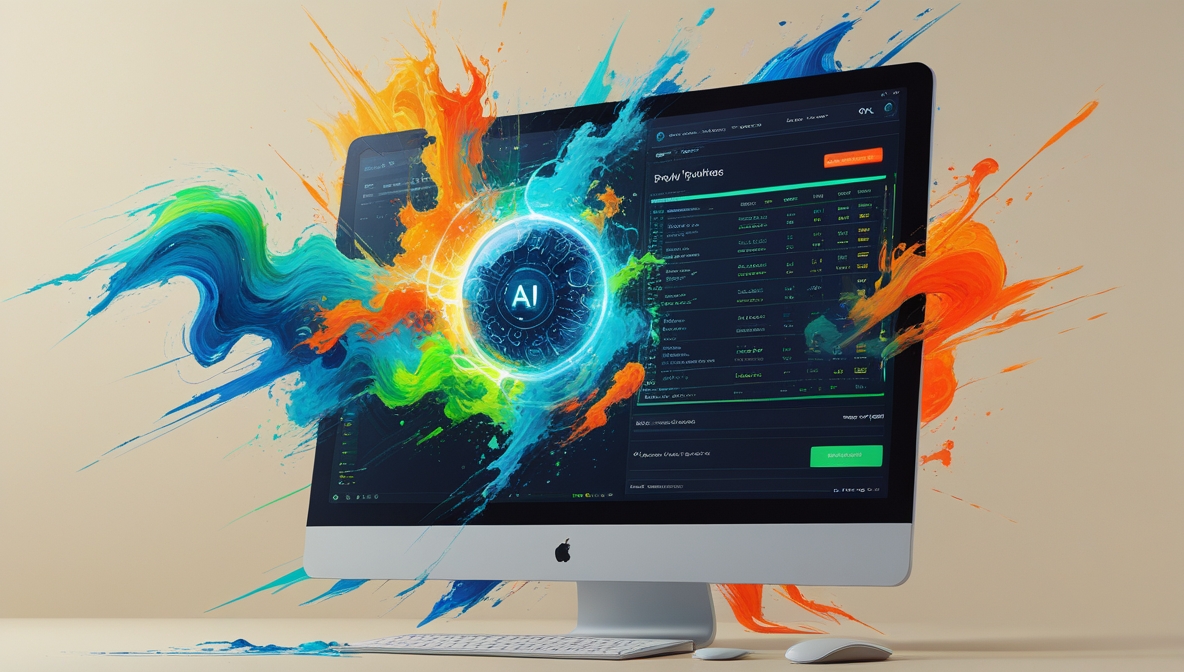AI literacy is becoming a defining leadership trait, with new data from LinkedIn showing a sharp increase in UK-based C-suite executives adding AI-related skills such as prompt engineering and generative AI tools to their profiles.
The data reveals that over three times more senior executives are listing these skills now compared to two years ago. This rise in AI adoption at the top comes as 89% of business leaders prioritise accelerating AI implementation across their organisations in 2024.
Despite this momentum, AI adoption across the business landscape remains inconsistent. While UK executives are nearly 20% more likely than the wider workforce to acquire AI skills, 41% of global C-suites cite their own leadership teams as a significant barrier. Reasons include lack of training, scepticism about return on investment and the absence of a structured change management approach.
Half of companies currently implementing AI are seeing a revenue increase of 10%. Yet many leaders remain hesitant or underprepared. The demand for AI knowledge now extends beyond the tech team, with AI literacy ranking as the third most critical skill set among UK executives aiming to navigate ongoing organisational change.
Hiring preferences are also shifting. Eight in ten leaders now favour candidates comfortable with AI tools over those with more traditional experience but limited AI fluency. Employers are responding by investing in learning and development programmes, with 37% allocating resources to AI-oriented training in a bid to accelerate workforce readiness.
AI as a Leadership Imperative
Janine Chamberlin, Head of LinkedIn UK, commented that adopting AI effectively depends as much on leadership as it does on technology. “Successfully adopting AI isn’t just a matter of having the right tools – it’s a leadership challenge at its core,” she said. “Many businesses understand they need to evolve, but often underestimate how deeply they must embed AI into everyday workflows. Changing behaviour takes time, and leaders today must set the standard, not only using AI themselves but also fostering a culture where teams feel empowered and inspired to fully integrate AI into how they work.”
Carter Busse, Chief Information Officer at Workato, echoed this sentiment, warning that executives must prepare now for the disruptive impact of agentic AI. “My advice to CIOs in this Age of AI is they need to prepare for agentic AI to flip workplaces on its head,” he said. “As businesses integrate AI into everyday processes, organizations must prioritise communication and reskilling their workforce now and continue education throughout 2025.”
Busse noted the risks of inadequate preparation, particularly in terms of workforce morale and effectiveness. “CIOs know technologies like AI agents are poised to change the workplace, but they need to get ahead of workers’ fears that it is coming in to replace them. AI’s role is to augment their jobs, not take them. Businesses that fail to proactively address employee concerns around introducing agentic AI especially risk resistance and inefficiency in implementing these technologies.”
He concluded by pointing to the early indicators of success among businesses already embracing generative AI. “We’ve seen the data and it’s clear: early adopters of GenAI are the current winners, their employees are the winners, and the early adopters of AI agents are sure to follow a similar course.”






